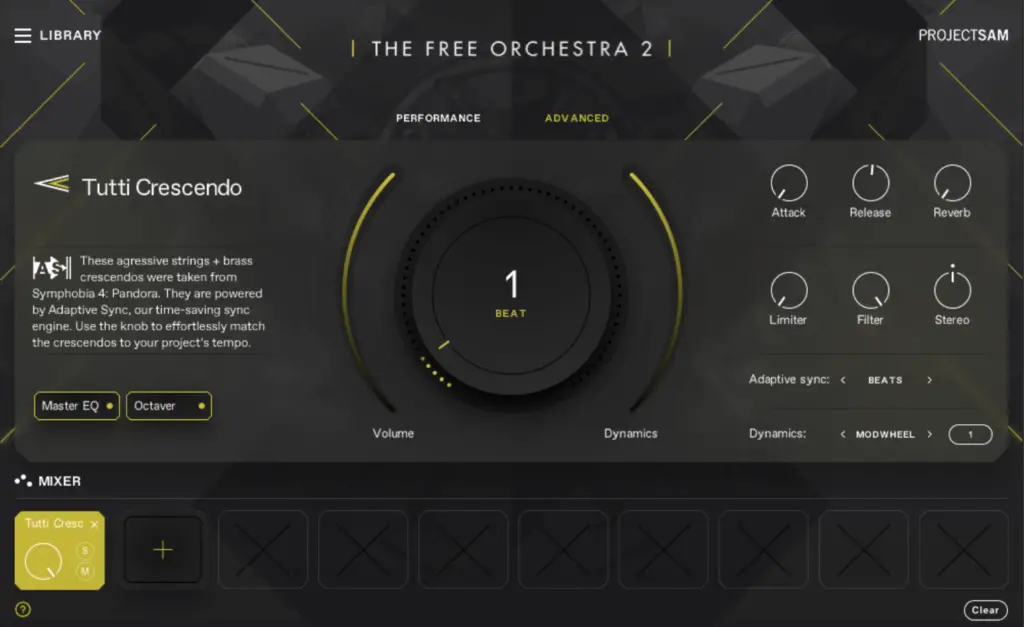Ever wondered what it takes to make music your full-time job? The music world can seem complex and tough to crack. But if you love making music, turning your passion into a successful career is possible.
Starting out, it’s essential to understand the world you’re entering. Making great music is key. You can choose from various roles, like being a singer on your own, part of a band, a producer, or an engineer.
Taking the first step can be tricky. Do you want to go it alone or with a group? Will you sing your own songs or cover others’ hits? Deciding if you’ll be independent or part of a label is also important. But, there’s no right or wrong age to begin. People have found success at every stage of life.
Having a job on the side while you build your music career is common. This helps with money and gives you time to get better at what you do.
Adeline Yeo is a great example of how hard work and using online platforms can break down old barriers in the music business.
Key Takeaways
- Making fantastic music is essential for success.
- There are many ways to succeed in music, from being a star to working behind the scenes.
- Decide if you want to go solo or join a group, and if you’ll write your own music or play songs others have written.
- You can get started in music at any age.
- It’s okay to have another job as you work on your music.
- Adeline Yeo’s story shows how the internet can help you succeed in music.
Understanding Your Place in the Music Industry
Starting in the music industry means first knowing yourself. You need to figure out what you’re good at and what you love. This step helps you see where you could really shine. And it affects the choices you make in your career.

Self-assessment: Identifying Your Strengths and Interests
To begin a music career, you must look inside yourself. Find out what you enjoy and where you’re best. This helps decide if you’d rather be on stage or work behind the scenes. Being honest with yourself matters a lot. Do you dream of performing in front of others? Or do you prefer the creative process that goes on without the spotlight? Knowing these things early helps make smart career moves.
Choosing Your Path: Performer, Producer, Composer, or Engineer
There are many paths in the music world. You might be a performer, a producer, a composer, or an engineer. Each job is important and brings something unique to music. Performers entertain people live, while producers shape the sound. Composers make new music, and engineers make sure it all sounds just right. All these jobs require certain skills and focus. They lead us in different directions in our careers.
Deciding Between Solo or Band Dynamics
The choice between working solo or in a band is key. As a solo artist, you have full control and keep the money you make. But bands offer a different set-up. You and your bandmates create together, which can lead to a rich mix of music. Both have their challenges and good sides. It all depends on what you want and your future aims.
In the end, finding your place in music is about deep self-reflection. You decide if you want to perform, produce, compose, or engineer. You also weigh if you’ll go solo or join a band. This self-discovery helps match your goals with your abilities and what you enjoy. It’s the core of building a rewarding music career.
Setting Specific Goals for Your Music Career
It’s key to set clear goals for your music path. As you aim to enter the music world, having goals, both short and long-term, is vital. This approach keeps you focused, boosts your reach, and helps you make steady advancement.

Short-Term Goals: Recording and Performing
Boosting your recording skills and starting to perform live are key in the beginning. You can start by:
- Recording a few top-notch tracks to show off your style.
- Setting up gigs or joining open mic nights to get stage experience.
- Entering music contests to get noticed more.
Achieving these early goals lays a solid foundation for bigger dreams.
Long-Term Goals: Touring and Licensing
As you aim for bigger things, like performing worldwide and getting music into commercials, your goals should evolve. Look towards:
- Touring within your country or across borders to grow your fan base.
- Finding chances to license your music for use in adverts, movies, and more.
- Working with experts to make your music style stronger and more attractive.
Setting short and long-term goals in your music journey will help you make your way through the industry. It ensures steady growth and satisfaction as you get better in your music career.
Investing in Your Growth as an Artist
Growing as an artist requires smart career investments. It’s vital to balance both time and money. This way, we ensure access to tools, platforms, and connections that boost our journey.
Allocating Time and Resources
Resource management is key for growth. By managing our time well, we can get better at our art, interact with fans, and reach our goals. Choosing how we spend our resources, be it time for practice or money for instruments, shapes our music career’s success.
Financial Investments: Equipment, Studio Time, and Marketing
Money matters too in our growth. Spending on top-notch equipment and studio time improves our music. Also, effective marketing helps us reach more people. These investments make our music shine in a crowded market.
| Investment Area | Benefits |
|---|---|
| Music Equipment | Enhances sound quality, improves production capabilities |
| Studio Investing | Provides professional recording environment, boosts music production |
| Music Marketing | Increases visibility, attracts a larger audience |
Leveraging Free Resources and Networks
Not everything in music needs money. Using free resources and networking are game-changers. Platforms like SoundCloud let us share music widely for free. Also, connecting with others in the industry through social media can lead to collaborations and growth.
Building a solid music network is priceless. It can bring new performance opportunities, partnerships, and guidance. Mixing paid tools with free ones offers a balanced approach to growing as an artist.
Continuing to Develop Your Skills
Working towards a successful music career is a journey. It involves constantly developing our skills. To do this, it’s vital to practise often and be willing to learn new things. This approach helps us improve our abilities and stay current in the ever-changing music world.
Regular Practice and Continuous Learning
Practising regularly is key for anyone in music. It involves practising our instruments, singing, or writing songs. This helps us get better technically and creatively. But, just practising is not enough.
It’s also important to keep learning new things in music. This includes studying on our own, using online resources, and keeping up with music’s latest trends and technology. With this balanced strategy, we can enhance our skills and adapt to the music scene’s shifts.
Attending Workshops and Taking Formal Lessons
Joining workshops and taking music lessons from experts are great for improvement. They offer structured guidance and crucial feedback from experienced mentors. Workshops can broaden our skills by introducing new techniques and ideas.
Formal lessons, whether face-to-face or online, are equally beneficial. They provide customised teaching to address our unique challenges and strengths. These educational opportunities are essential for growth and success in music.



